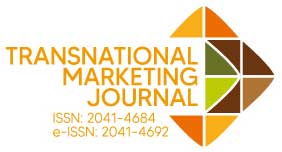Citation Manipulation
The COPE citation manipulation discussion document defines the key issues and existing solutions around unethical citation practices. COPE welcomes comments which add to this ongoing debate.
Manipulative citation is characterised by behaviours intended to inflate citation counts for personal gain, such as: excessive self-citation of an authors’ own work, excessive citation to the journal publishing the citing article, and excessive citation between journals in a coordinated manner. Examples of legitimate self-citation are given where it is included or requested to address valid needs. COPE recommends that journals develop policies about appropriate levels of self-citation, provide education for editors and have clear procedures to respond to potential citation manipulation.
Key points
- Citation manipulation is a problem when references do not contribute to the scholarly content of the article, and are included solely to increase citations.
- Any party which includes or requests to add citations where the motivations are merely self-promotional violates publication ethics.
- Penalties for citation manipulation may include removal of editors from editorial roles, or removal or rejection of journals from citation indexes.
- Journals should develop policies and standards to determine self-citation thresholds, provide educational resources to support best practice and establish procedures to respond to potential misconduct.
- There may be instances where self-citation and requests for citations are legitimate
Related resources
Citation games: mocking research COPE speaker presentation at ISMTE European Virtual Event, 2020
Reviewer requesting addition of multiple citations of their own work, 2019
Citations: link, locate, discover, connect Guest article, August 2018
Self-citation: where’s the line? Forum discussion, November 2017
Your feedback
COPE welcomes feedback from publishers, journal editors, reviewers, researchers, institutions, librarians, funders, and other stakeholders on this subject. Add your feedback below.
